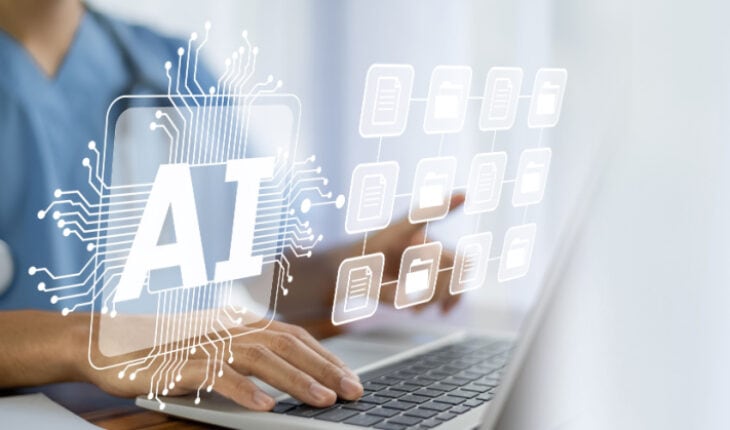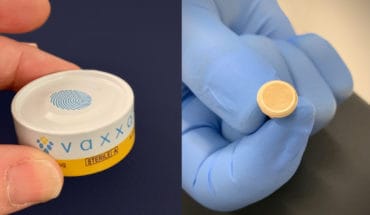Electronic Health Records (EHR) and Electronic Medical Records (EMR) have drastically transformed healthcare in recent years. These technologies provide a comprehensive view of patient histories, offering improved efficiency and accuracy.
An EHR contains the wider health data from all clinicians involved in a patient’s care while an EMR is specific to one doctor’s encounter with a patient. They’ve become critical tools in modern healthcare management since they facilitate seamless information flow between medical professionals.
However, there’s immense untapped potential within these databases waiting for innovative solutions to capitalize on it. This is where our journey into artificial intelligence begins as we explore how AI can amplify the benefits derived from using EHRs and EMRs.
The Rise of Artificial Intelligence in Healthcare
The influence of artificial intelligence (AI) is being felt across various industries, and healthcare is no exception. AI encompasses a range of computer systems able to mimic human cognitive functions, making it an ideal tool for enhancing efficiency, predicting outcomes and personalizing patient care. Here are three potent ways that AI supports modern healthcare:
- Predictive Analytics: By analyzing historical data, AI can help predict potential health risks or threats.
- Improved Diagnostics: Advanced image recognition capabilities allow quicker diagnoses from scans or tests.
- Personalized Treatment: Machine learning algorithms can be utilized to create more personalized treatment plans based on individual medical histories.
The increased usage of EHR and EMR provides the perfect platform to incorporate such transformative technology. Let’s next look at how exactly this integration works and its positive impacts on patient care.
Harnessing AI Power to Enhance EMR & EHR Systems
In combination with a modern EHR/EMR platform, we can leverage the power of AI for more efficient and intuitive workflows. The complex data stored in these systems becomes simplified and accessible through AI-driven tools, leading to informed medical decisions.
Here are three ways that artificial intelligence optimizes healthcare delivery:
- Data Interpretation: Consistently reviewing patient charts and databases can be time-consuming for physicians. However, with advanced machine learning algorithms, interpreting patterns in vast datasets becomes easier.
- Streamlined Administrative Tasks: By automating tedious tasks such as appointment scheduling or billing reminders via an AI-infused system, daily workflows become more streamlined.
- Enhanced Patient Care Experience: Personalizing care paths based on accumulated health information can lead to improved patient outcomes and satisfaction levels.
Connecting AI capabilities with current technologies has the potential to revolutionize how we handle electronic records within our health systems.
Real-Life Applications: How AI is Transforming Electronic Health Records
Artificial Intelligence’s application in EHR and EMR is bridging the gap between medical expertise and technological advancement. To better grasp this point, let’s look at a few examples of real-world applications:
- Predictive Patient Monitoring: In hospitals worldwide, and also remotely, AI analytics are being used on EHRs to predict patient deterioration or complications.
- Enhancing Clinical Decision Making: Machine learning algorithms can analyze patterns from multiple patient records. This results in actionable insights for practitioners during decision-making processes.
- Mental Health Assessment: Using AI to analyze speech and behavioral patterns recorded in EMRs, clinicians are now able to make early warnings for mental health disorders.
These innovative uses showcase the transformative potential that adding an AI layer to traditional record keeping systems holds for healthcare providers around the globe.
Wrapping Up
As you can see, coupling AI with EHR and EMR systems has a promising future in the healthcare realm. It holds the potential to streamline administrative processes, enhance patient prognosis outcomes, provide personalized care options and transform preventive measures development. By embracing this technological shift, we can unlock more effective health management in the near future, and are already feeling the benefits in many contexts.
- New lipid-based pathway discovered as key to memory formation - 25th June 2025
- Crucial link could explain how Alzheimer’s takes hold - 25th June 2025
- Understanding Your Mind Can Improve Daily Life - 25th June 2025







